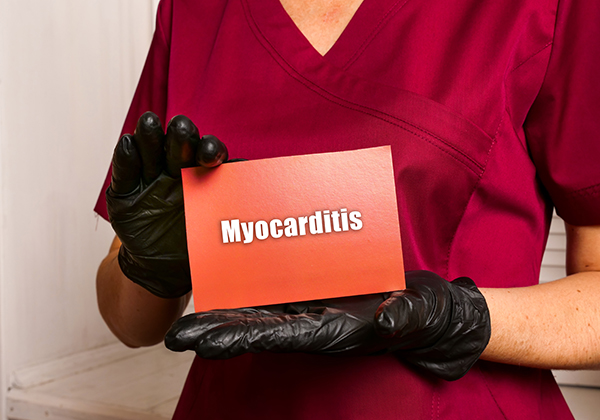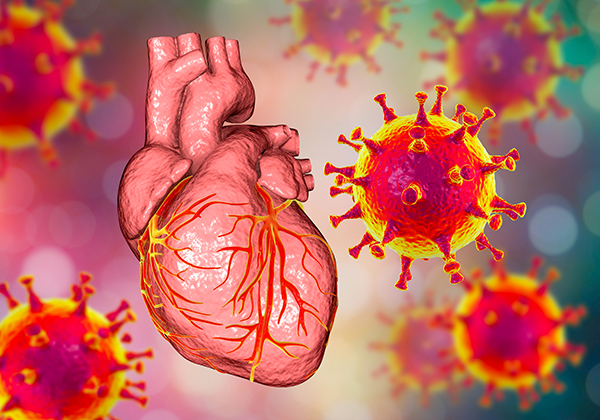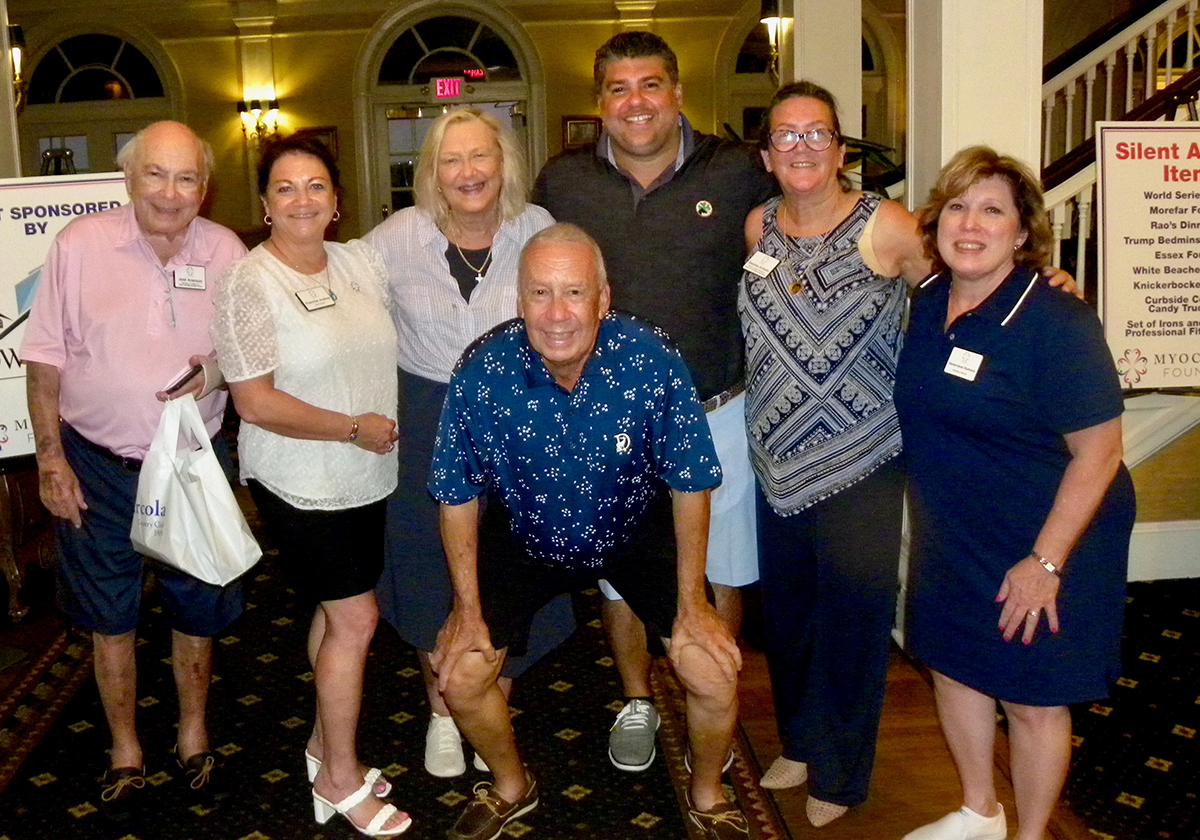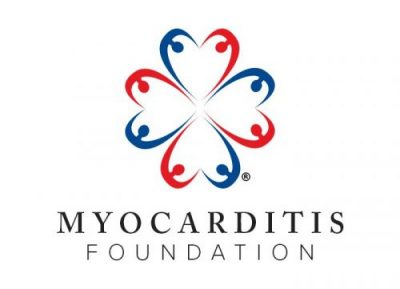Although it works tirelessly day in and day out, the heart is one of the only muscles in the body that regenerates little to no muscle tissue after it’s been damaged. Instead of replacing the damaged tissue with more muscle after it’s been damaged by inflammation, the heart receives scar tissue. The presence of the scar prevents any further muscle regeneration and makes it more difficult for the heart to pump, ultimately weakening the heart and making it increasingly vulnerable to progress to a condition called dilated cardiomyopathy or an enlarged heart.
While there are supportive therapies that can alleviate the symptoms associated with myocarditis, there aren’t any methods or medicines that can completely cure it. But thanks to advances in regenerative medicine, scientists and doctors may be on the verge of finding a modality that truly helps. Here, the Myocarditis Foundation, which works diligently to provide the knowledge and funding necessary to further research around myocarditis treatment, explains how regenerative medicine may, one day, serve as a cure for myocarditis.
What Is Myocarditis?
Myocarditis is a heart condition that occurs as the result of a myocardial injury caused by inflammation, with the most common cause for myocardial injury including viral infections. Many different kinds of viral infections can cause myocarditis. Two important viral causes of myocarditis in the United States include coxsackievirus also known as hand, foot and mouth virus that causes stomach/intestinal flu symptoms and SARS-CoV-2 that causes COVID-19.
When these viral infections reach the heart, immune cells including the MAST cell, which usually defends against allergens, triggers the body’s immune response. The body deploys what are known as macrophages and T cells, and these immune cells destroy the virus or bacteria. However, if this immune response is too severe it can lead to heart failure and death or damage the heart leading to the development of scar tissue that leads to dilated cardiomyopathy or an enlarged heart. Dilated cardiomyopathy, if severe, may lead to the need for a heart transplant.
Regenerative Medicine as a Promising Treatment
Scientists and organizations that are devoted to finding a cure for cardiopulmonary-related deaths are making noteworthy breakthroughs in the field of regenerative medicine. Regenerative medicine harnesses the body’s ability to make cells and release vesicles from cells that have healing or anti-inflammatory properties. Preliminary research that has not yet been published is yielded promising findings that these cells and vesicles are able to reduce inflammation associated with myocarditis. After decades of work on these therapies, scientists are refining techniques to make using these therapies more cost effective and reliable- but a lot of research still needs to be done. The goal of regenerative medicine for myocarditis is to reduce myocarditis to prevent sudden death and to reduce the formation of scar tissue so that the patient does not progress to dilated cardiomyopathy later on.
While there is still much work to be done and areas of regenerative medicine that need to be fully explored, these types of therapies are quickly shaping up to be the best candidate when seeking to reduce inflammation and repair scar tissue after a myocardial injury, which in turn reduces or eliminates the risk of heart failure from myocarditis and progression to dilated cardiomyopathy.
Decreasing Your Risk after Myocardial Injury
With scientific advancements being made every day, there has never been a better outlook for myocarditis recovery. Although we still don’t have a cure, there are several things you can do to reduce the risk of contracting myocarditis after a viral infection, such as:
- Avoid those with viral infections or who present with symptoms related to them.
- Maintain good hygiene by regularly washing your hands.
- Minimize your exposure to ticks, as the pathogen that causes Lyme disease can also cause myocarditis.
- Stay up to date with vaccines for infections like influenza, which also can cause myocarditis.
If you’re seeking support for yourself or a loved one or need more information, contact the Myocarditis Foundation today.



























